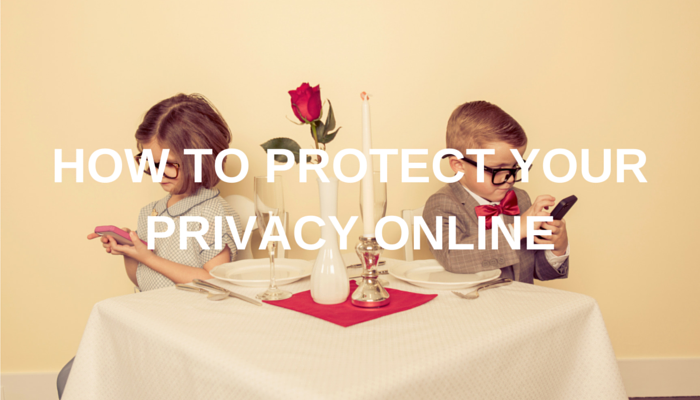Last month, I had the opportunity to sit down with Glenn Greenwald for a private dinner in Calgary. The conversation focused on the upcoming election, Ed Snowden, and Canada’s involvement in the spying of it’s own citizens through CSEC and the Five Eyes alliance. Despite many Canadians being unaware that the government of Canada not only spies on it’s citizens but also shares all communications data with four other countries (USA, Australia, New Zealand and the UK), I am optimistic that with enough attention on the issue we can decide our own privacy fate in this country.
After the dinner, I asked friends and family whether they care that they are being spied on or are at risk of being hacked and I often heard a similar sounding response. “I have nothing to hide, I’m not a criminal or celebrity, so I don’t care”. This notion frightens me a little. If I asked you to install camera’s in your bathroom and bedroom, in order to not only watch but also record and document 24/7, would you allow anyone to do that? There is essentially no difference between that and what spying and hackers are able to achieve with your phone calls, texts, emails, browsing history and general online presence.
So it raises the question of how do you protect your privacy online? It’s not by using Google and Facebook everyday, so in order to achieve maximum privacy, you may have to forgo some of your favourite services for new ones that have protecting your personal information in mind. Before Mr. Greenwald headed back to his home in Brazil, he gave me his favourite tools to protect my privacy online:
Pidgin is free to download and offers an off-the-record (OTR) plugin, for end-to-end encryption. You can log into multiple messaging accounts and access them all from Pidgin. Chelsea Manning used Pidgin to leak documents that would later be hosted by Wikileaks.
“The Tor software protects you by bouncing your communications around a distributed network of relays run by volunteers all around the world: it prevents somebody watching your Internet connection from learning what sites you visit, it prevents the sites you visit from learning your physical location, and it lets you access sites which are blocked.”
“Calls and texts made from one Silent Phone user to another are fully encrypted, whether they’re on iOS, Android, or Silent OS. Encryption keys are stored only on the users’ devices (not on any central server) and are destroyed at the end of each call, ensuring complete privacy, every time.
Silent Phone includes features such as video chat and conference calling capability as well as unlimited encrypted texts with burn self-destruct functionality on any Silent OS, iOS or Android device, enabling you to keep your business moving, securely.”
“Using Signal, you can communicate instantly while avoiding SMS fees, create groups so that you can chat in real time with all your friends at once, and share media or attachments all with complete privacy. The server never has access to any of your communication and never stores any of your data. Say Anything. Signal uses an advanced end to end encryption protocol that provides privacy for every message every time.”
“Tails is a live system that aims to preserve your privacy and anonymity. It helps you to use the Internet anonymously and circumvent censorship almost anywhere you go and on any computer but leaving no trace unless you ask it to explicitly.”
“PGP is a program that gives your electronic mail something that it otherwise doesn’t have: Privacy. It does this by encrypting your mail so that nobody but the intended person can read it. When encrypted, the message looks like a meaningless jumble of random characters. PGP has proven itself quite capable of resisting even the most sophisticated forms of analysis aimed at reading the encrypted text.”










